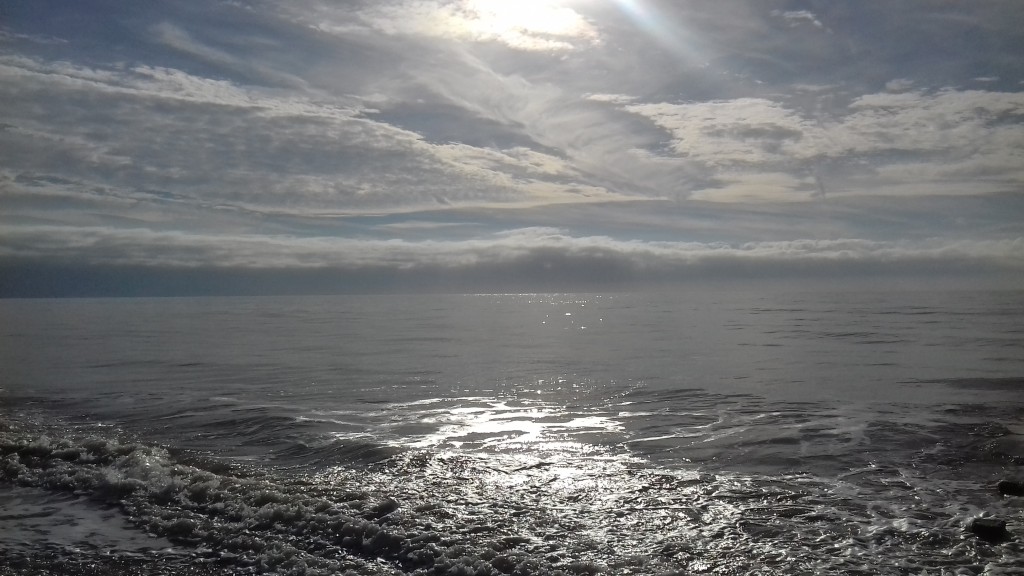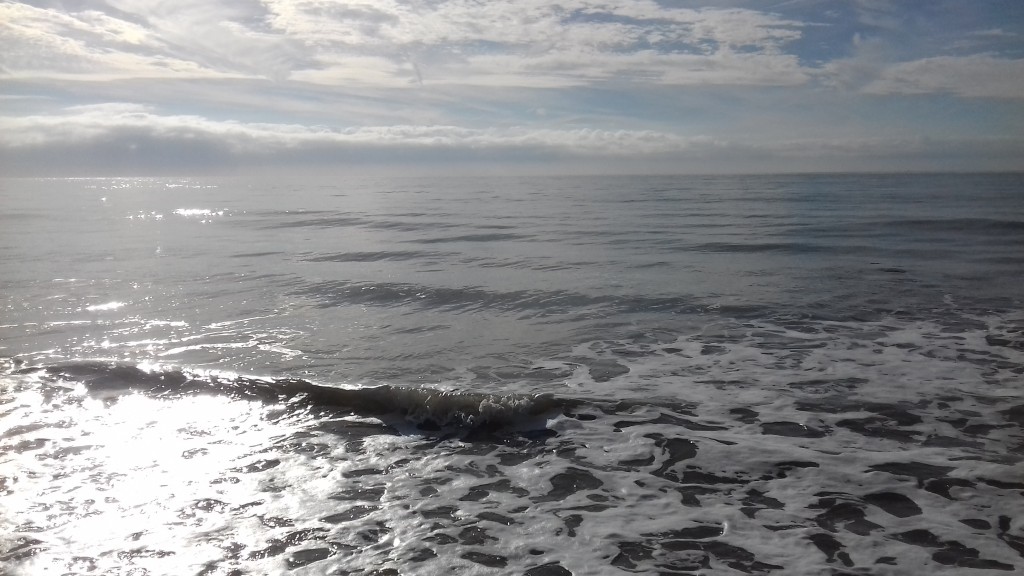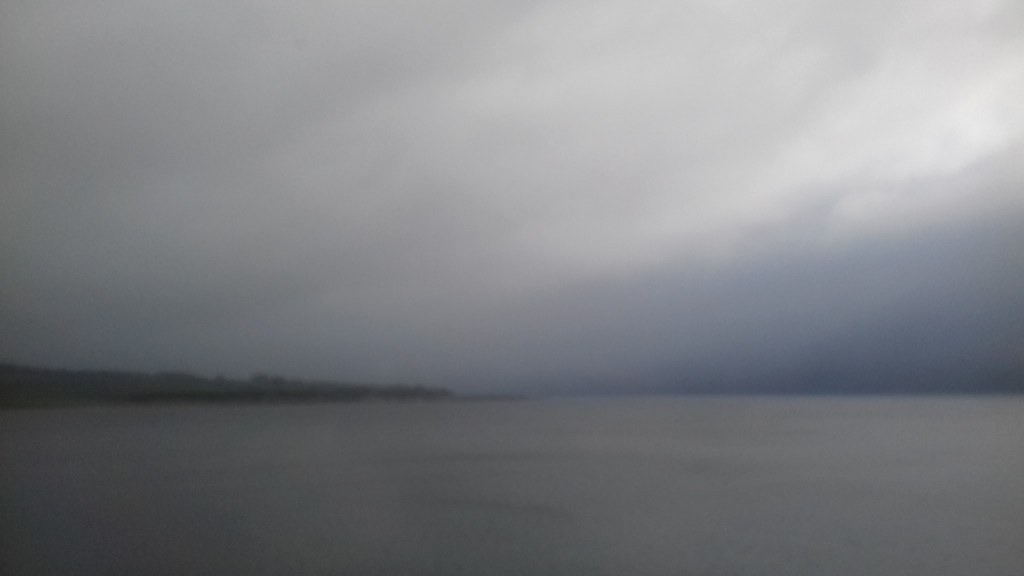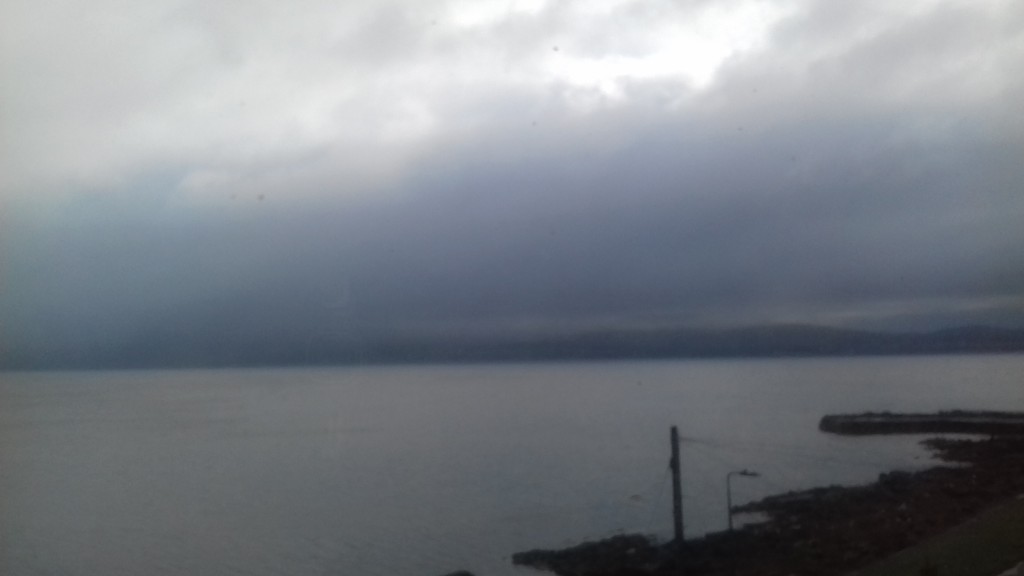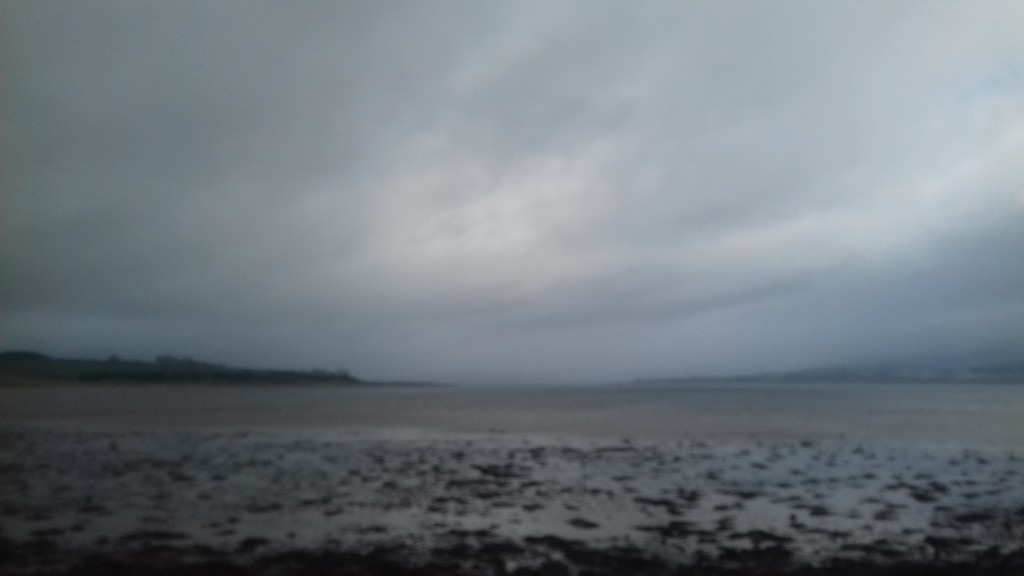Learning to dive in 2014, my love of the ocean has grown as my fear has diminished. After working on a seahorse conservation project in the summer of 2016 I discovered Poseidon’s Steed, Helen Scales’ first book (published by Gotham Books). With this in mind, and having been confined to dry land ever since, I was waiting for Helen Scales’ new book, Eye of the Shoal, with baited breath.

Published earlier this year by Bloomsbury, Eye of the Shoal has it all – sex, death, deception and intrigue. Everything you could want in a book, and fish – fish as the most incredible creatures you could imagine, most of which you could not imagine. Challenging any notions that might be held of fish as simple creatures, Eye of the Shoal shows how they live in complex social structures, communicate, feel pain and have adapted to many wild and varied landscapes. There are fish that live on land, in deserts, some that walk and some that breed in the air – mid flight. This beautiful book is an elegant and gripping read which includes many complex scientific findings and the history of our understanding of evolution. It is a journey around the globe and through time, illuminating the darkest recesses of the oceans and giving an inside glimpse at some hardy scientists tasked with developing our understanding of the sea.
It was with some degree of awe and anticipation that my invitation to interview Helen for the Wealden Literary Festival was received. We emailed and Skyped, Helen mid book tour was giving a lecture in California the week prior to the festival. She was as warm and generous as her writing suggests, indulging me in a great many questions and wonderings about diving, conservation and writing.
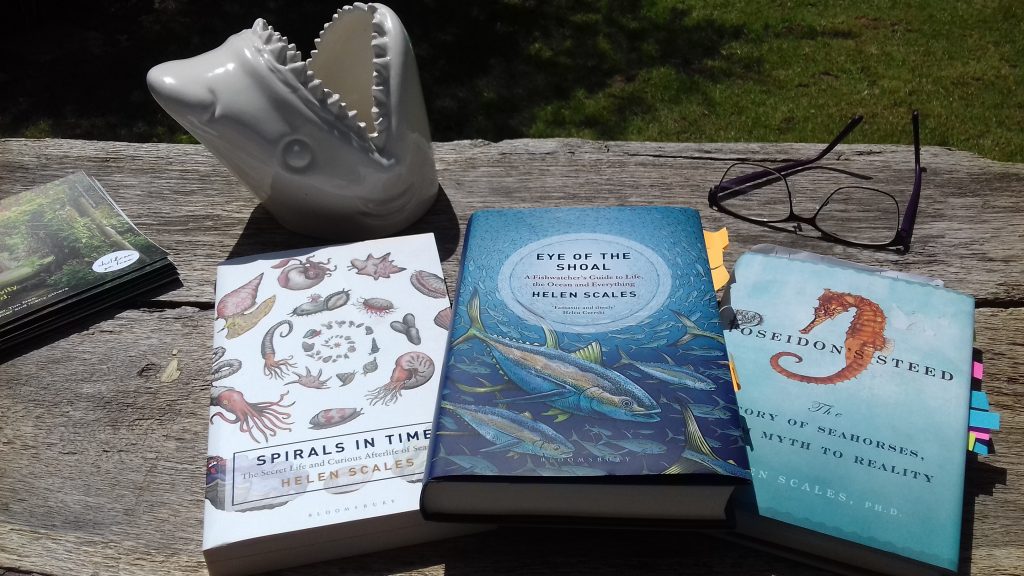
Dr Helen Scales is a marine biologist, broadcaster, writer, surfer and diver. Helen lectures at Cambridge University in Science Writing and Marine Biology. Eye of the Shoal is her third book about the sea – the second, Spirals in Time, is a beautiful study of sea shells and was chosen as book of the week by BBC Radio 4 and book of the year by The Times, the Guardian, the Economist and Nature. Her deft skill at weaving through time and place creates a sense of being under water with her and makes for a very seductive and colourful read. Interspersed with folklore and illustrations (by Aaron John Gregory), Helen creates a wonderful exploration beneath the waves with thoughtful insight and intriguing science.
The final speaker at Wealden Literary Festival 2018, we followed an impressive line up. Edited highlights included talks from: Tim Dee, Mark Cocker, Diana Henry, Miriam Darlington, Natasha Carthew, Tim Birkhead, Katherine May, Yuval Zommer and Will Atkins. Blessed with endless sunshine in a glorious setting, it was a joy to share some of the riches from Eye of the Shoal with the audience. Helen talked eloquently, skilfully and energetically about bioluminescence, the wonders of sharks, and her thrill at meeting the ‘Shark Lady’ herself, Eugenie Clark. Helen shared stories of other scientists, including Losey and his research trips, and the repercussions of keeping the blennies he was studying in his swimming trunks. Reading passages from Eye of the Shoal, Helen ended the session reading the final folk tale in her book, an early fishy version of Cinderella – The fish and the golden shoe – a ninth century Chinese tale of Sheh Hsien and her cruel stepmother and stepsisters. Helen Scales’ enthusiasm, knowledge and passion for her work and the oceans spread throughout this patch of Kent countryside on Sunday afternoon, several people sharing a new found desire to learn to dive.
Wealden Literary Festival is a celebration of nature and place through literature, arts and craft. The dates for 2019 are June 29th and 30th.
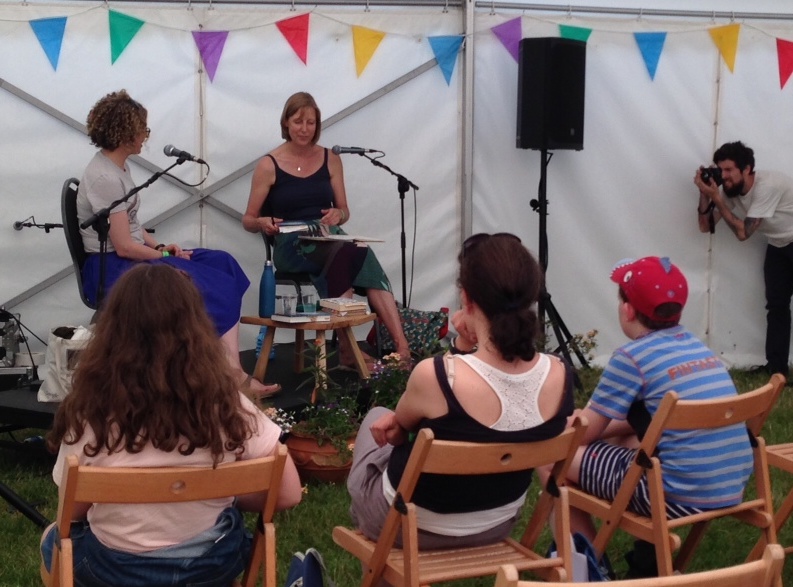
Dr Helen Scales with Louise Kenward at Wealden Literary Festival, photo courtesy of Alex Woodcock
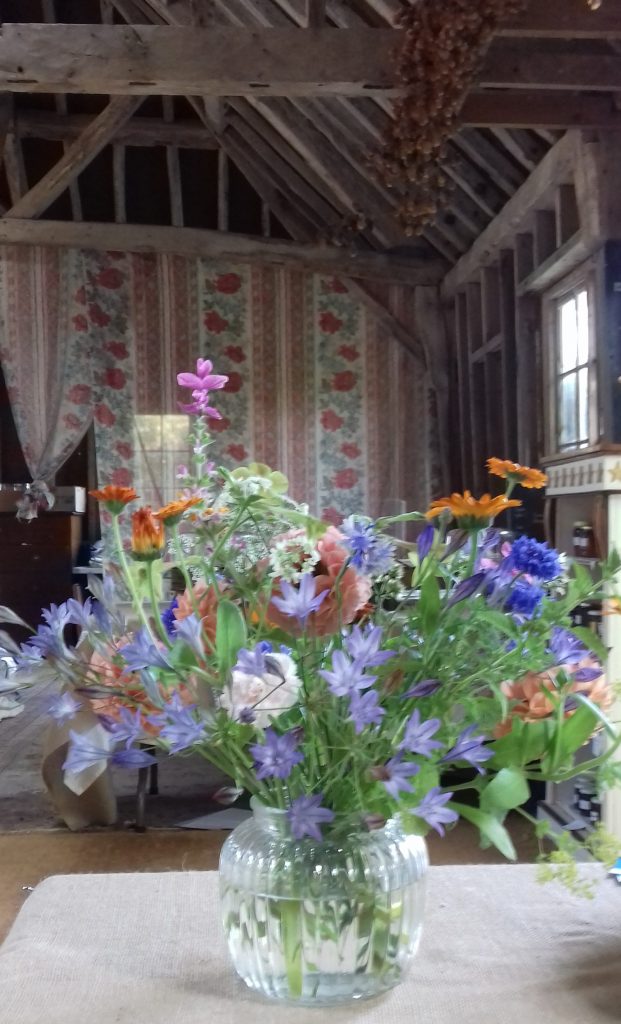
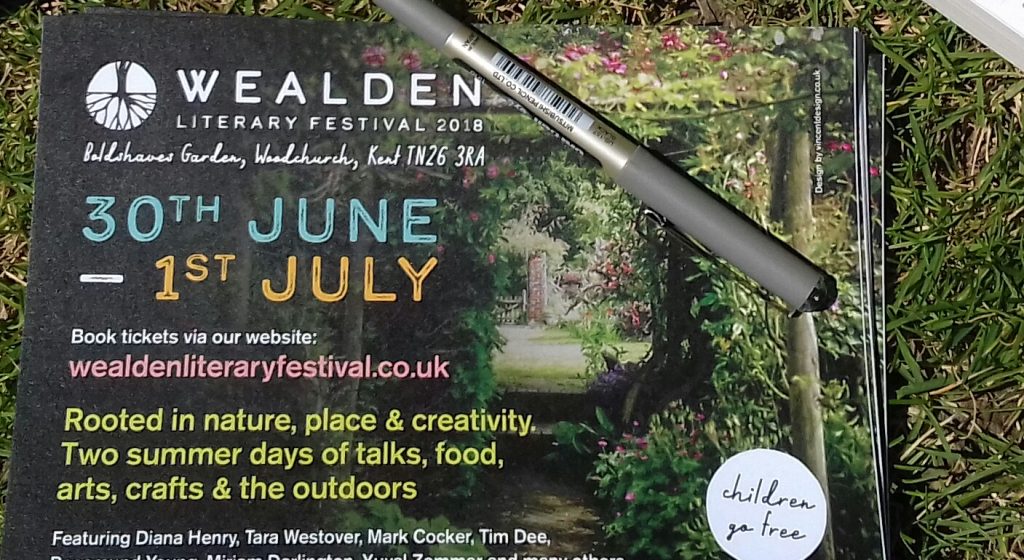
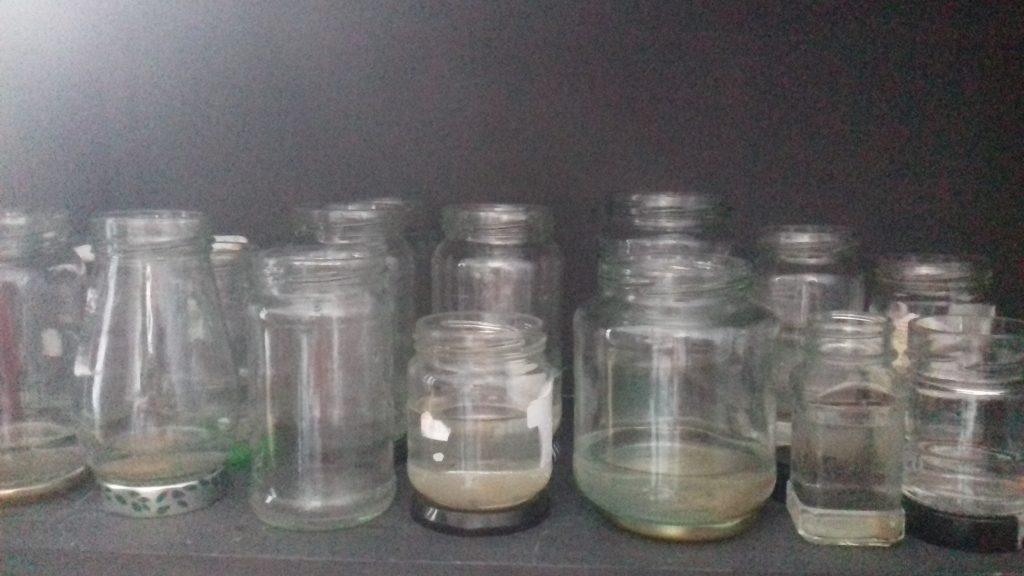
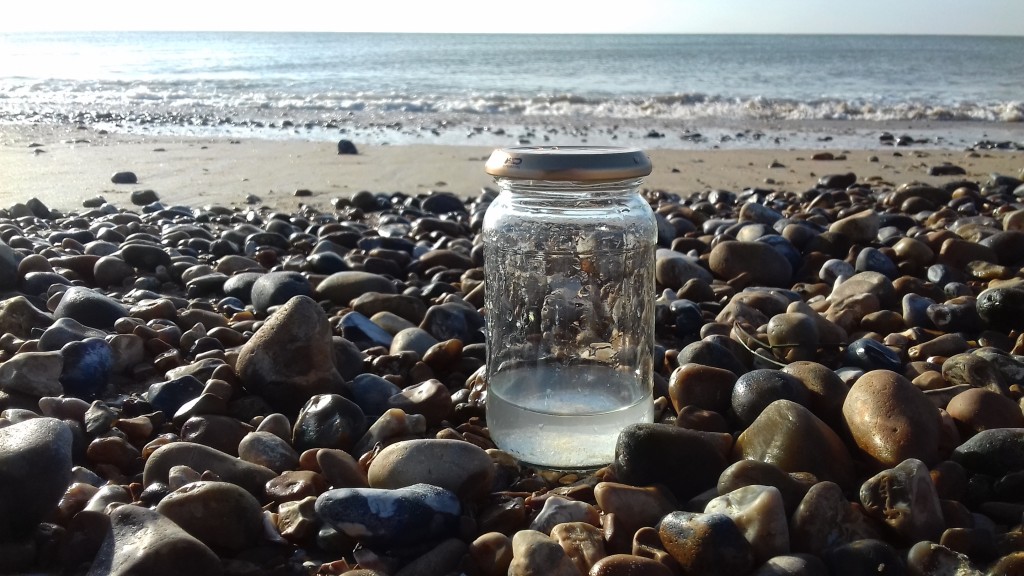
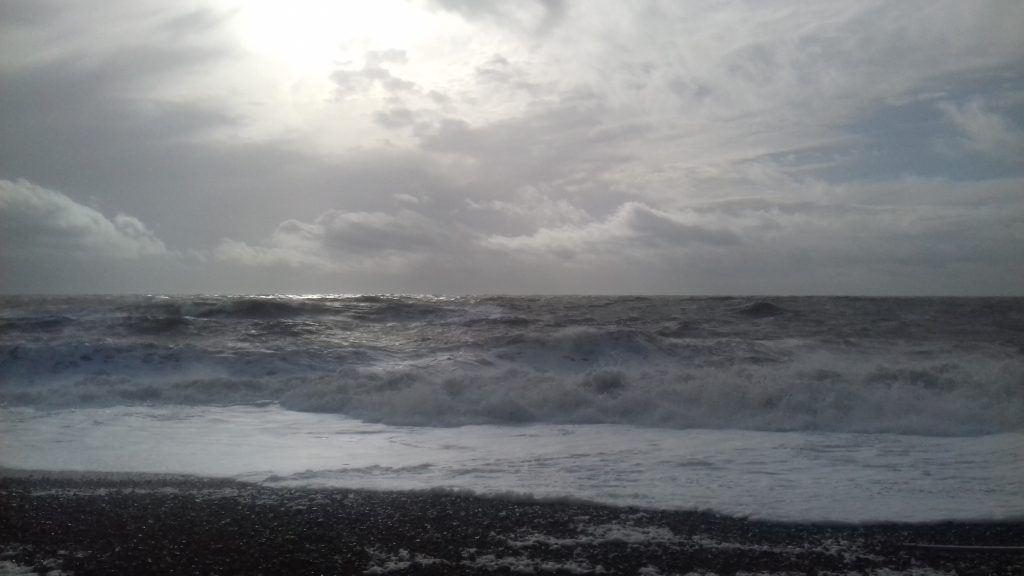
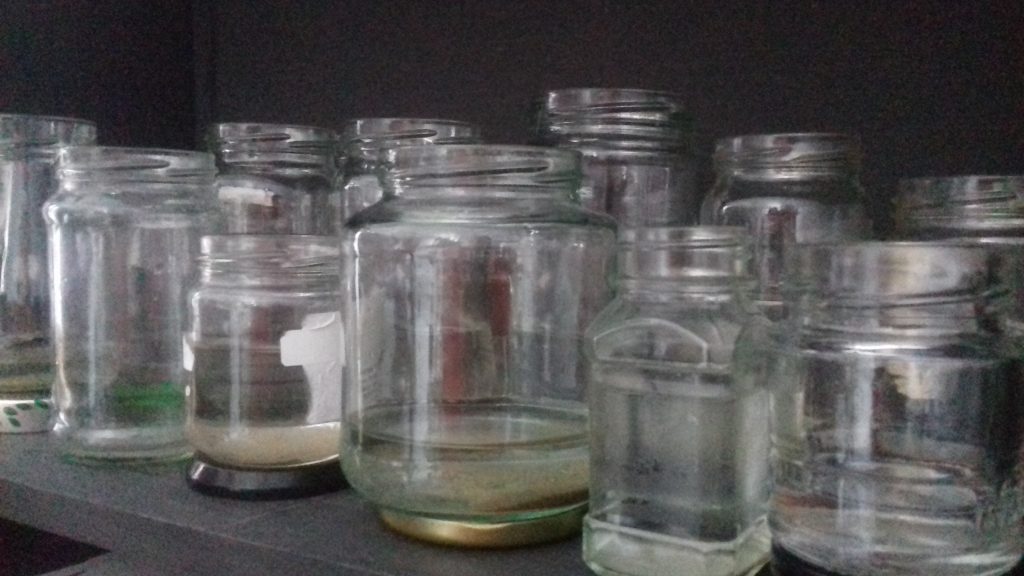
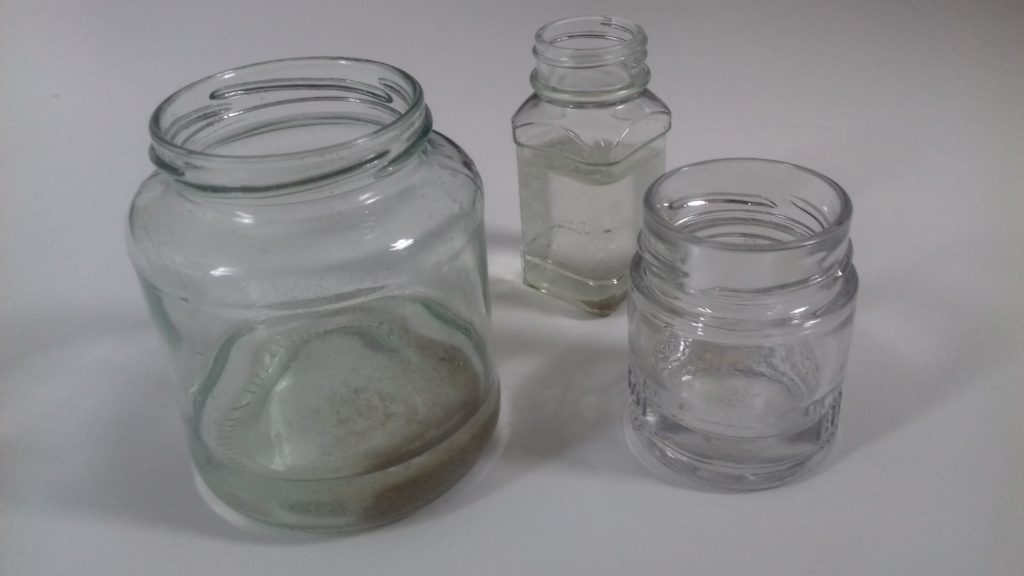
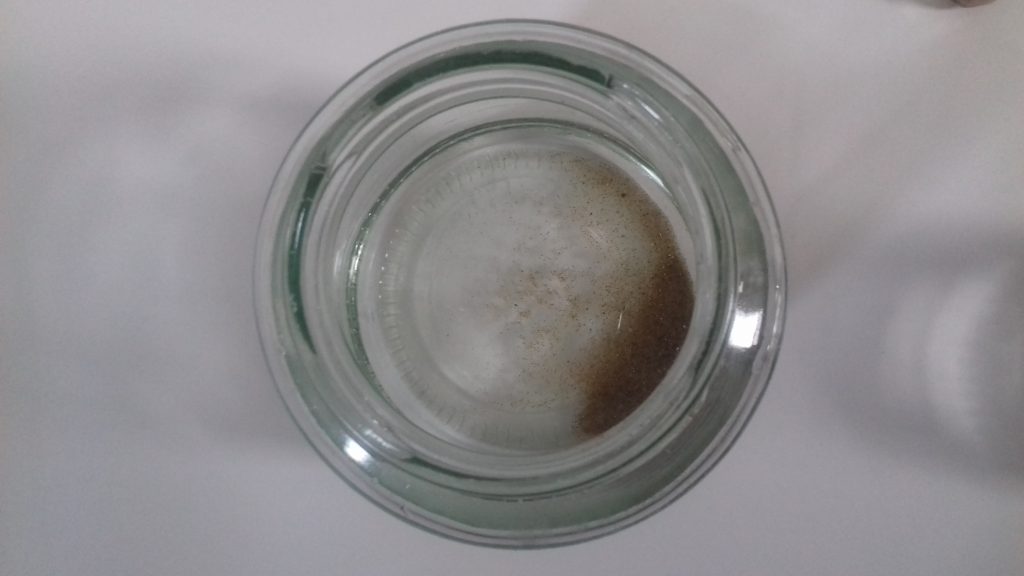
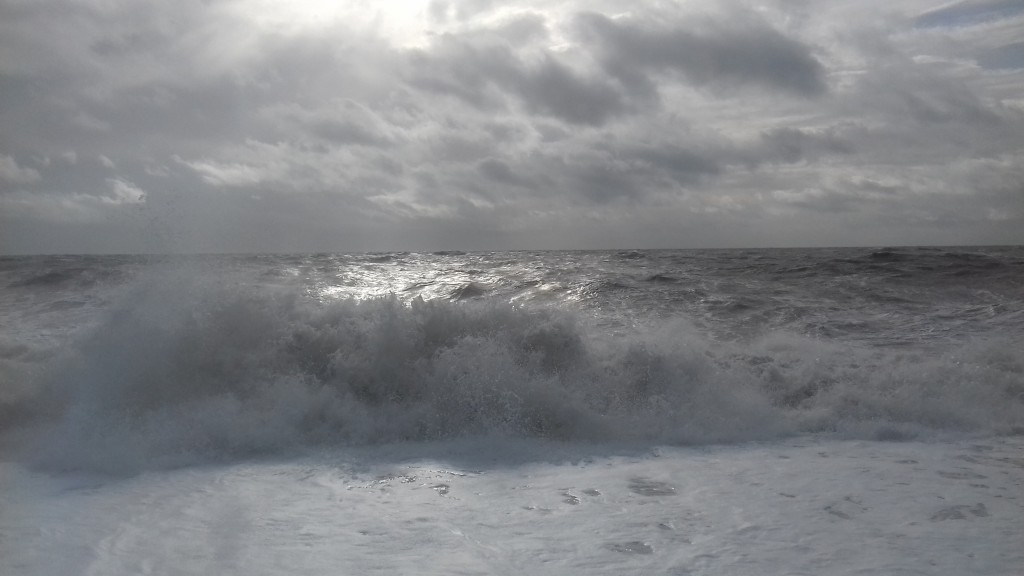 …and I stand and look at it directly, in the eye of the storm, and shout as loud as thunder. And still you do not hear. But it stills and it quietens, and I walk on.
…and I stand and look at it directly, in the eye of the storm, and shout as loud as thunder. And still you do not hear. But it stills and it quietens, and I walk on.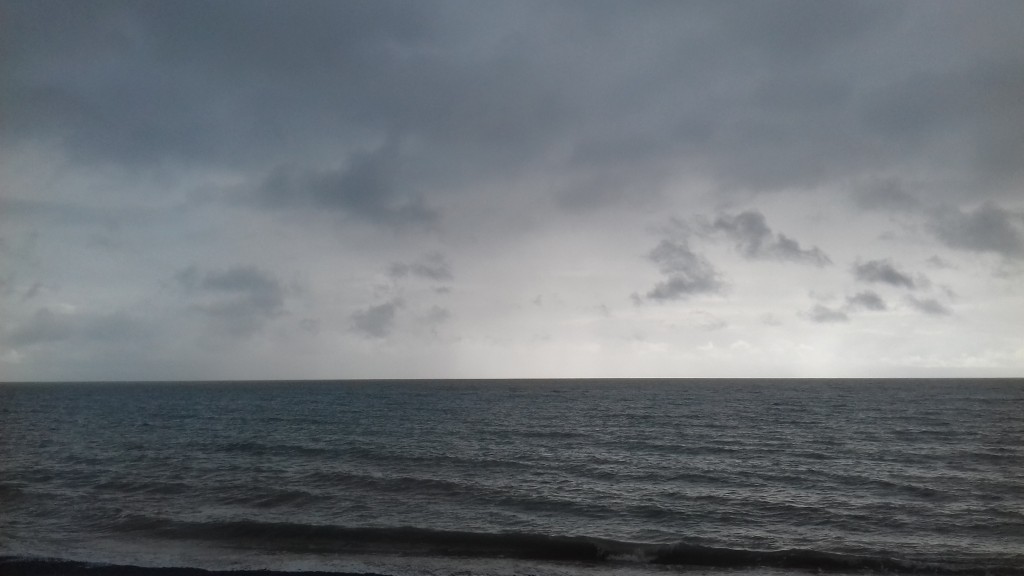





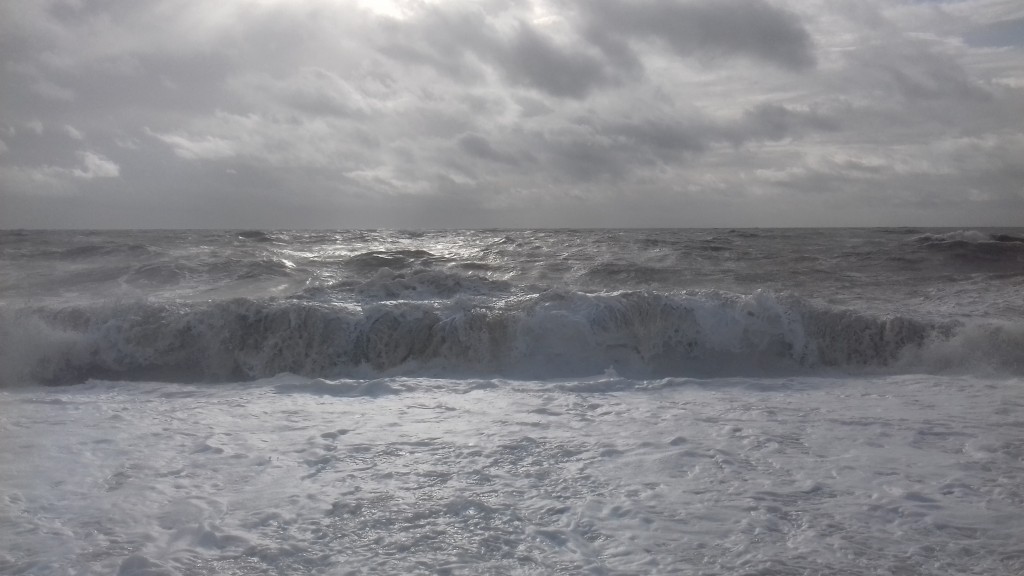
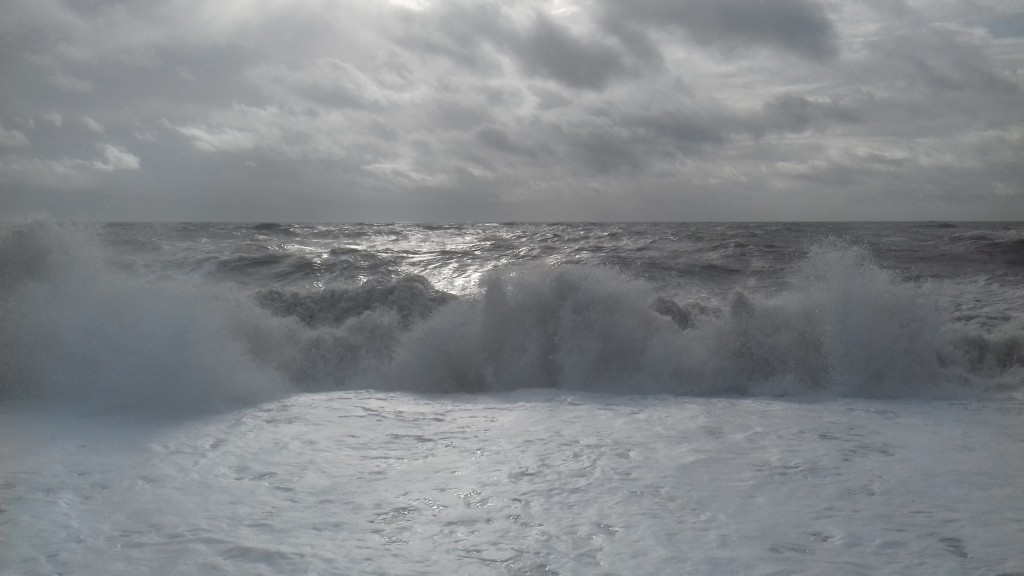
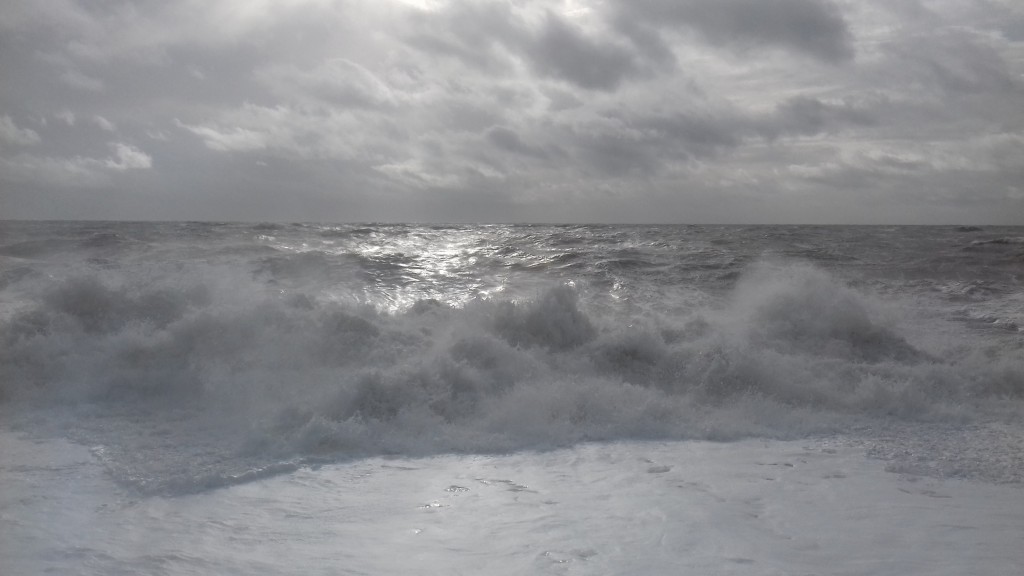
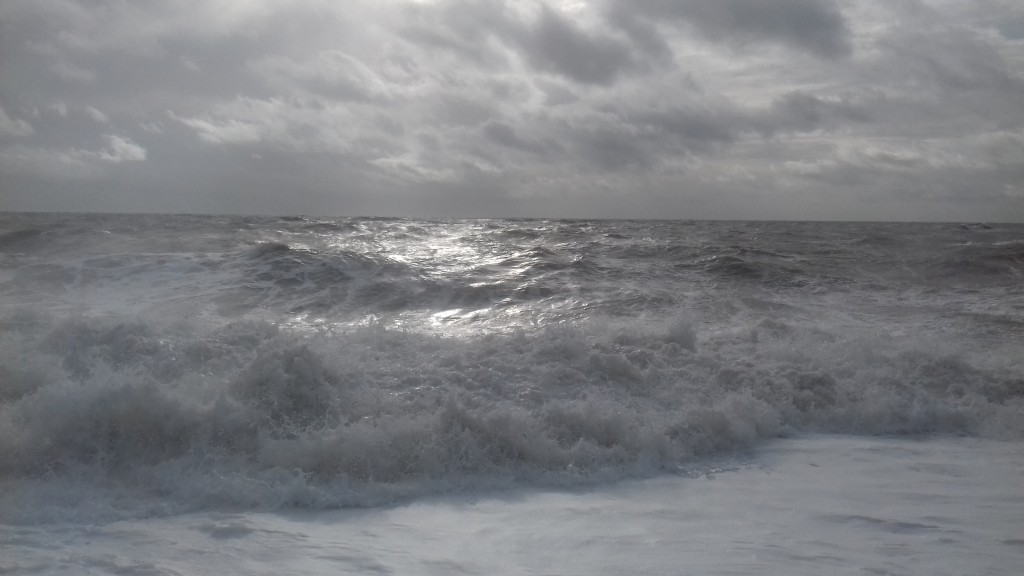
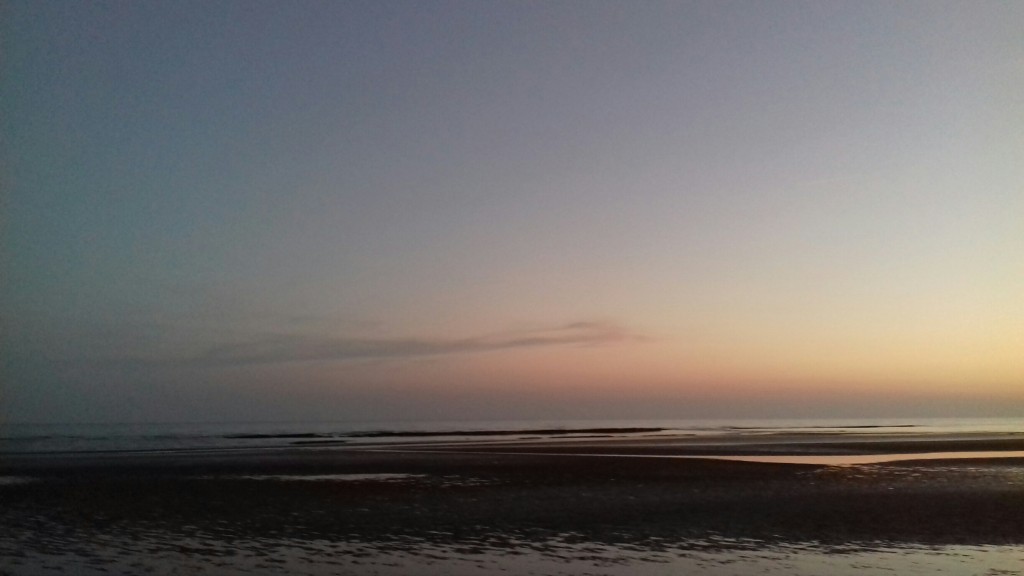
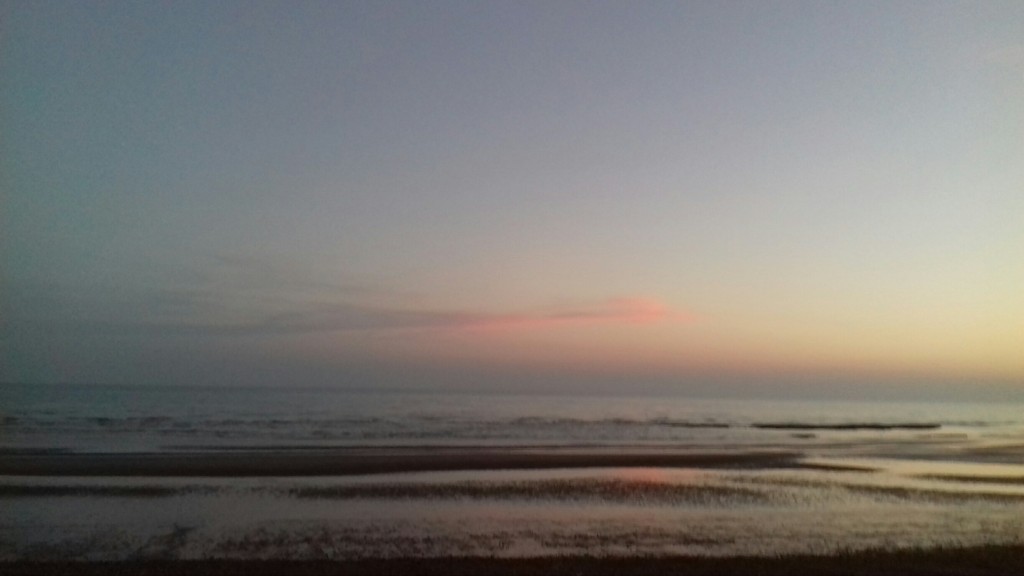
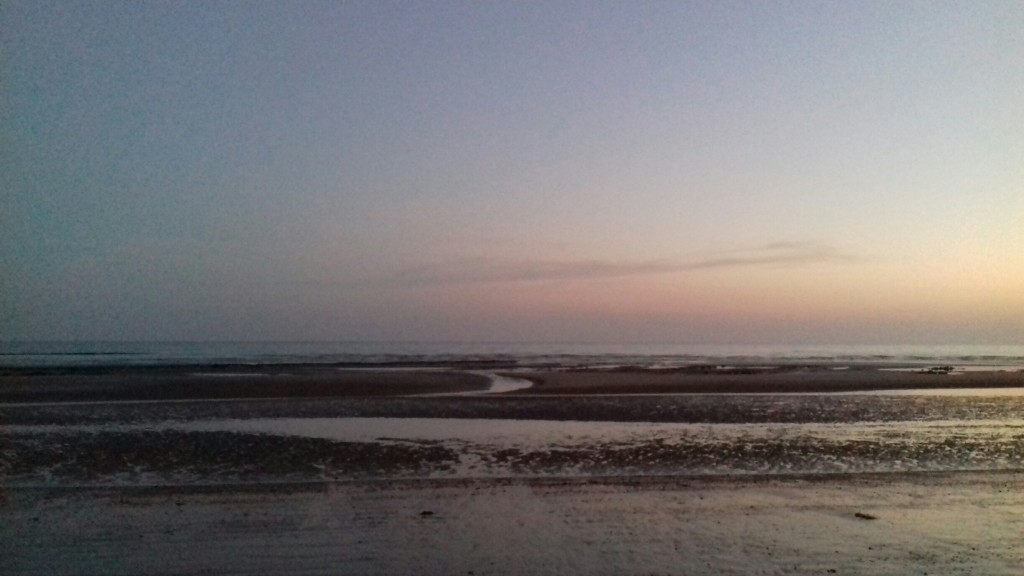
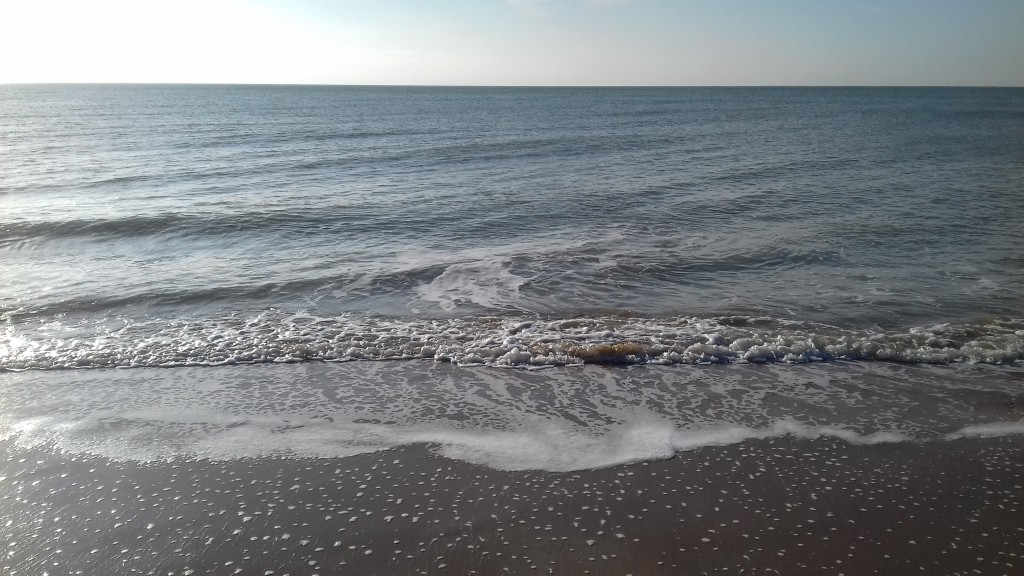 All of life can be seen in the therapy room, is the thing I think of in planning to write this post. It was not my intention and was not connected consciously with my plans when thinking about starting something new. Perhaps it is relevant. I am adding a process to my routine, my ritual of walking to the beach and looking at the sea. I usually take a photo on my phone. I usually look out for interesting things thrown out by the tide.
All of life can be seen in the therapy room, is the thing I think of in planning to write this post. It was not my intention and was not connected consciously with my plans when thinking about starting something new. Perhaps it is relevant. I am adding a process to my routine, my ritual of walking to the beach and looking at the sea. I usually take a photo on my phone. I usually look out for interesting things thrown out by the tide.